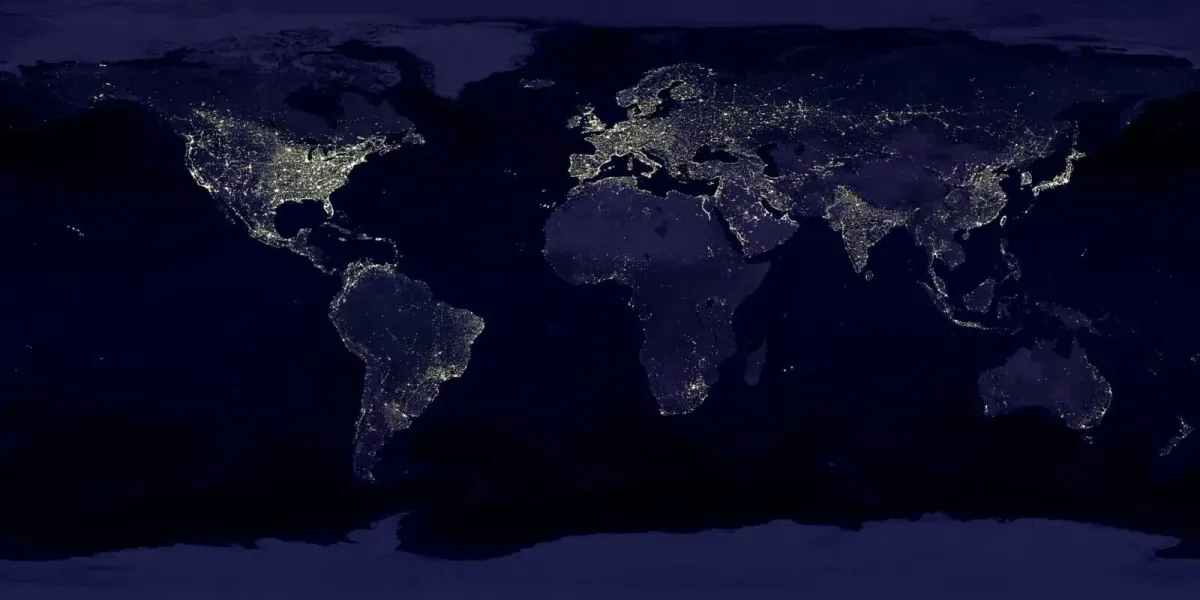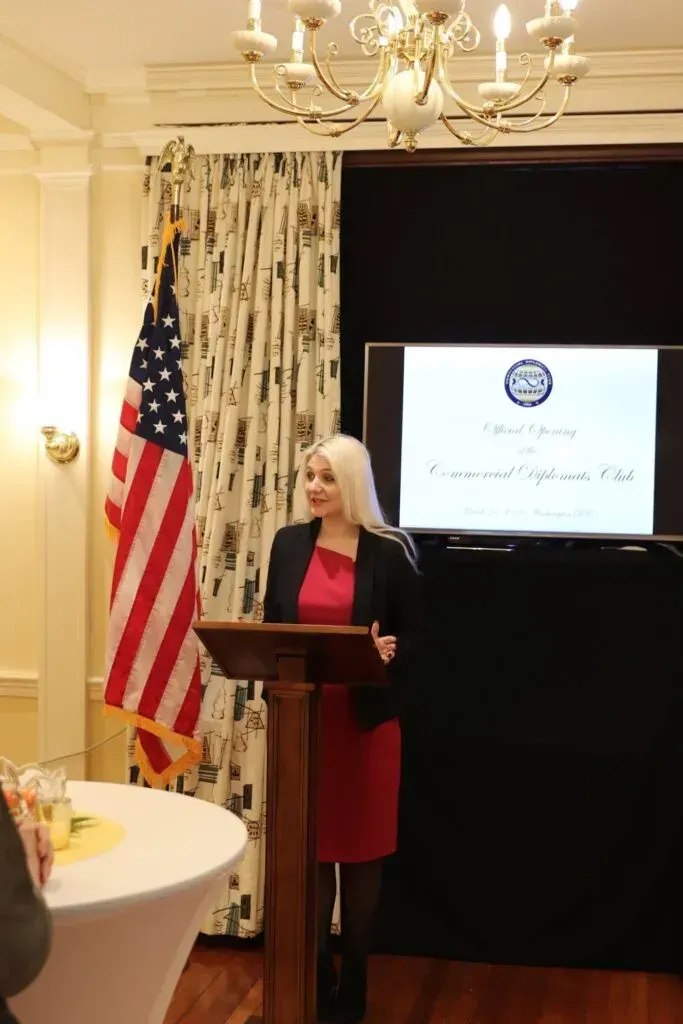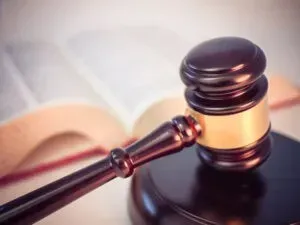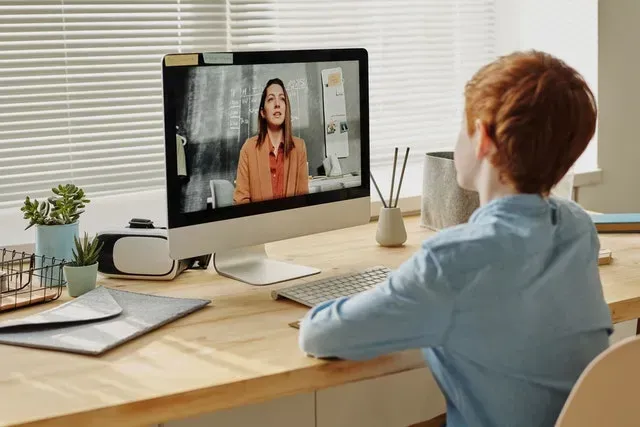SUBSCRIBE TO OUR MAILING LIST
“In the performance of their duty, law enforcement officials shall respect and protect human dignity and maintain and uphold the human rights of all persons.” States Article 2 of the United Nations Human Rights Office of the High Commissioner’s Code of Conduct for Law Enforcement Officials of 1979.
Law enforcement, often seen as the mediator between legal structure and social conditions, has been under fire internationally on the basis of not fulfilling its mandate to protect. Instances like racially motivated police brutality in the United States or police brutality in the forcible removal of Palestinians from their property have sparked international civilian outrage against law enforcement. What happens when the system put in place to ensure the protection of their inalienable rights, instead violates them? Theodore Roosevelt captures this dilemma, concisely stating “Order without liberty and liberty without order are equally destructive.” But what is the importance of human rights to law enforcement? This article aims to discuss whether human rights and law enforcement are intricately linked and if so, under what conditions?
What are “Human Rights?”
Human rights are norms that aspire to protect all people everywhere from
severe political, legal, and social abuses. These rights are afforded to every individual purely on the basis that they are human. They are universal, inalienable, and they cannot be taken away. The United Nations’ Universal Declaration of Human Rights (UDHR) was the first attempt to provide a written global-level code of conduct on the fundamental rights of all human beings. The 30 articles have provided both regional and global building blocks to human rights conventions, treaties, and other legal instruments.” (United Nations Human Rights Office of the High Commissioner)
The UDHR’s preamble emphasizes that human rights should be protected by the rule of law. Article 28 explicitly states “Everyone is entitled to a social and international order in which the rights and freedoms set forth in this Declaration can be fully realized.” The “order” most commonly references law enforcement, those put in power to ensure order.
What is “Law Enforcement?”
The Bureau of Justice Statistics defines law enforcement as the “agencies and employees responsible for enforcing laws, maintaining public order, and managing public safety.”
Other organizations such as Amnesty International describe law enforcement officials as those who exercise police powers, particularly of arrest and detention. The term is extended to include, whether appointed or elected, the police, military and security personnel, immigration officials, etc.
Amnesty International further emphasizes that although the UDHR places responsibility on every individual to uphold its mandates, the responsibility particularly is emphasized on those in law enforcement. This is highlighted not only in the multiple articles referencing law enforcement and its interpretations, but, through the numerous articles made specifically for law enforcement work. This includes the UN Code of Conduct for Law Enforcement Officials, the UN Standard Minimum Rules, and the UN Body of Principles. With so many articles passed specifically for law enforcement work, one can deduce that there lies an important relationship between human rights and law enforcement.
The Importance of Human Rights in Law Enforcement Work
The UN articles clearly outline the role of policing is to “be representative of, and responsive and accountable to, the community as a whole.” Northeastern University professor and former dean at its College of Criminal Justice, Jack R. Greene, states “the police are the first and central actors in mediating between social conditions and legal stricture…Local policing is on the front stage of the legal system and invested with considerable discretion in determining balance order with liberty.” The police are meant to enforce and protect the rights of the community, while simultaneously practicing and ensuring they adhere to the laws.
The United Nations Professional Training Series No.5 highlights the problems of the myth within law enforcement training: the insistence on “bending the rules” to ensure the law is upheld. From forcibly ending demonstrations to removing individuals from their property to torturing detainees, law enforcement without human rights taken into consideration is lethal to the realization of a world with inalienable human rights.
The Vienna Declaration and Programme of Action states that “the administration of justice, including law enforcement…is essential to the full and non-discriminatory realization of human rights.” It goes on to recommend education as a necessary means to ensure law enforcement officials
know they are enforcing. Law enforcement must work to dispel the “bending the rules” mentality or we are at risk of an “assault on human dignity” and a barrier to effective policing.
The Importance of Education
At USIDHR we similarly recognize the importance of education in effecting change. Through our Human Rights Consultant training course, students are taught the foundations of human rights and provided with the necessary tools to implement these lessons in their own life, their work, and their communities. Our teaching of the Universal Declaration of Human Rights is done thoroughly and effectively allowing students to become certified consultants and educate others on their human rights. If you’re interested in learning your human rights and further learning the tools to create programs for law enforcement, or if you work in law enforcement, check out our Human Rights course here.
We believe that education is an important methodology to ensuring a positive relationship between human rights and law enforcement. Such a relationship is important to effectively ensure a change in our communities universally. In a relationship meant to promote our evolution to a world with inalienable recognized rights, our law enforcement is an important factor in our road to success. For order to exist, there must be liberty.
Reference list:
https://www.ohchr.org/en/professionalinterest/pages/lawenforcementofficials.aspx
https://plato.stanford.edu/entries/rights-human/
‘https://www.un.org/en/about-us/universal-declaration-of-human-rights
https://www.amnesty.org/download/Documents/156000/pol300041998en.pdf
https://www.un.org/ruleoflaw/files/training5Add2en.pdf
https://www.ohchr.org/documents/publications/training5add2en.pdf

Rifal Imam
Research Assistant
Top Posts


Donate to help provide educational resources for underprivileged children.
Who is USIDHR?
US Institute of Diplomacy and Human Rights (USIDHR) is a 501(c)3 nonprofit organization located in Washington, DC. Its main purpose is to advance education for all. Through its EduforEveryChild program, USIDHR helps kids at-risk of poverty go to school by supporting their education for an entire year. So far, they have helped hundreds of kids go to school by awarding them the Edu-box containing school supplies, materials and necessaries to go to school. USIDHR also provides online courses and training on human rights, human trafficking, diplomatic protocol and etiquette, and business consulting. Other programs include Let Her Lead, an initiative aimed at empowering young women through education and training, and Religious Pluralism for promoting religious freedom for all.


Other Blogs You May Like:

Addressing Human Trafficking in Ukraine
Addressing Human Trafficking in Ukraine 7 min read As the conflict between Russia and Ukraine rages on, increased displacement makes millions of individuals vulnerable
June 30, 2022 - No Comments

How do we monitor human rights violations worldwide?
Image credit: Blogtrepreneur As enshrined in the Universal Declaration of Human Rights (1948), we are all entitled to human rights which protect our freedoms and
June 1, 2021 - No Comments

What is Digital Citizenship and Why is it Important?
What is Digital Citizenship and Why is it Important? 7 min read The Covid-19 pandemic led to business and school closures which increased technology use
May 26, 2022 - No Comments
Follow USIDHR:
Follow USIDHR:
© 2023 US Institute of Diplomacy and Human Rights is a 501(c)(3) organization. Gifts are deductible to the full extent allowable under IRS regulations.

